This article was medically reviewed by Paul Ursell, MD and by wikiHow staff writer, Eric McClure. Dr. Paul Ursell is an Ophthalmologist and Cataract Surgeon in the United Kingdom. He has performed over 7,000 cataract operations over the course of his career. He has published over 20 peer reviewed papers on cataract surgery. Dr. Ursell earned his MD from St Mary’s Hospital in London and became a Fellow of the Royal College of Ophthalmologists in 1995. Dr. Ursell is one of few surgeons to be awarded an MD degree in modern cataract surgery. He served for 9 years on the Council of UKISCRS (United Kingdom & Ireland Society of Cataract & Refractive Surgeons).
There are 12 references cited in this article, which can be found at the bottom of the page.
wikiHow marks an article as reader-approved once it receives enough positive feedback. This article has 27 testimonials from our readers, earning it our reader-approved status.
This article has been viewed 2,104,797 times.
Eyelid twitching or eye twitching (also called blepharospasms) can be annoying. Rest assured, as scary as a chronic eye tic can be, this is a harmless inconvenience the vast majority of the time. If you’re looking to get that twitch to stop, we’ve got you covered. We’ll walk you through everything you can do to get this obnoxious spasm under control. We’ll also break down when it might be worth reaching out to a doctor.
Things You Should Know
- Use eye drops or put a warm compress over your eye to temporarily relieve your eye twitch.
- Get at least 7-8 hours of sleep every night, de-stress, stay hydrated, and don’t overdo it with the caffeine or alcohol.
- Eye twitching is a common side effect of medication, but it’s usually just a sign you’re tired, stressed out, or staring at screens for too long.
- See a doctor if you experience any additional symptoms, like swelling or double vision, or if your twitch won’t go away.
Steps
References
- ↑ https://www.nhs.uk/conditions/twitching-eyes-and-muscles/
- ↑ https://www.mayoclinic.org/diseases-conditions/eyestrain/diagnosis-treatment/drc-20372403
- ↑ https://health.clevelandclinic.org/your-eye-wont-stop-twitching-heres-what-to-do/
- ↑ https://www.healthdirect.gov.au/twitching-eye
- ↑ https://www.nhs.uk/conditions/twitching-eyes-and-muscles/
- ↑ https://www.cdc.gov/sleep/about_sleep/sleep_hygiene.html
- ↑ https://www.nhs.uk/conditions/twitching-eyes-and-muscles/
- ↑ https://wexnermedical.osu.edu/blog/muscle-twitching
- ↑ https://www.mayoclinic.org/healthy-lifestyle/stress-management/in-depth/stress-relievers/art-20047257
- ↑ https://wexnermedical.osu.edu/blog/muscle-twitching
- ↑ https://www.mayoclinic.org/healthy-lifestyle/nutrition-and-healthy-eating/in-depth/water/art-20044256
- ↑ https://www.nhs.uk/conditions/twitching-eyes-and-muscles/
- ↑ https://www.mayoclinic.org/symptoms/eye-twitching/basics/causes/sym-20050838
- ↑ https://medlineplus.gov/ency/article/000756.htm
- ↑ https://www.mayoclinic.org/tests-procedures/botox/about/pac-20384658
- ↑ https://health.clevelandclinic.org/why-you-have-that-pesky-eye-twitch-and-when-to-seek-help/
About This Article
To stop eye twitching, start by shutting your eyes as tight as you can and opening them up as wide as possible, then continue hard blinking until your eyes begin to produce tears. If that doesn't work, try lightly massaging your bottom eyelids in a circular motion for about 30 seconds using your middle fingers. You can also try blinking quickly for about 30 seconds to relieve eye twitching! For tips on preventing eye twitching, read on!
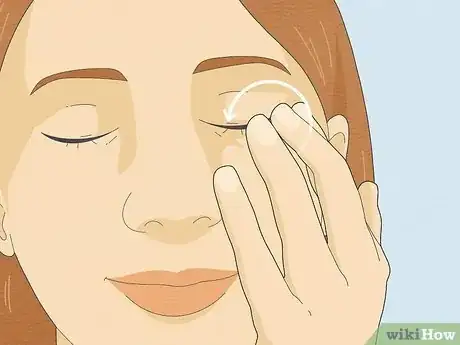
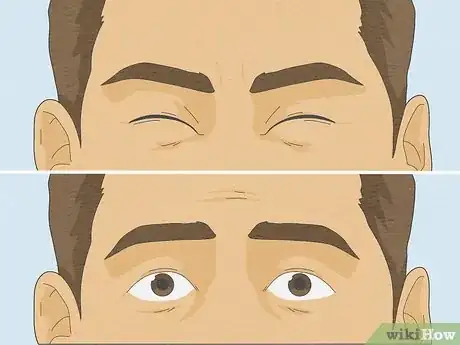
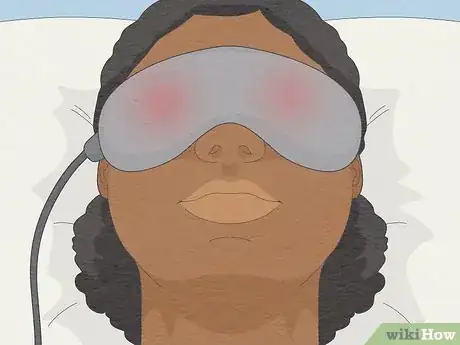
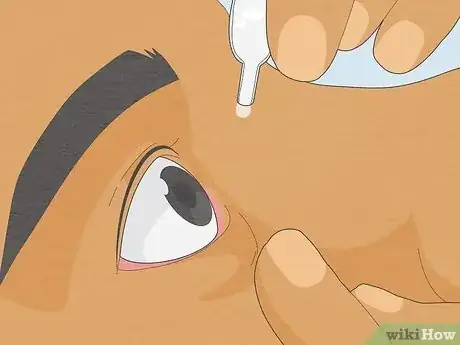
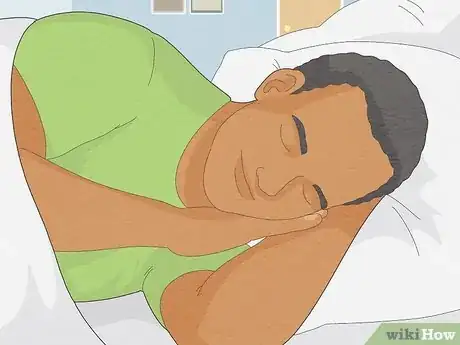
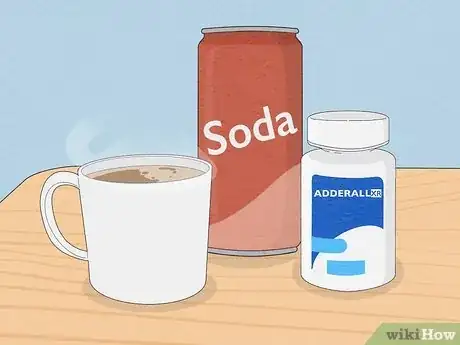
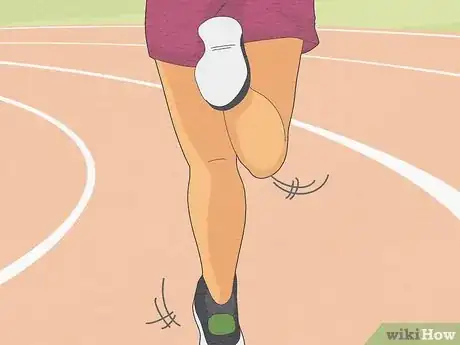
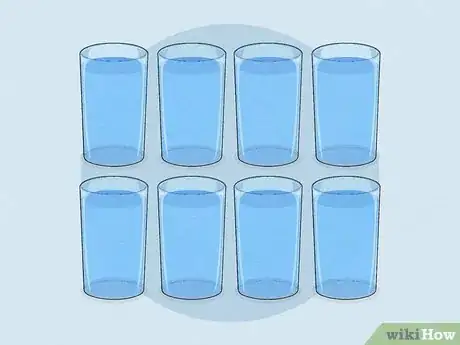
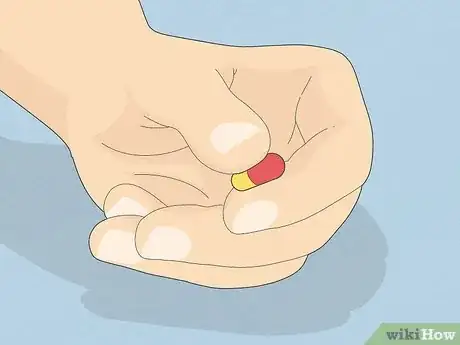
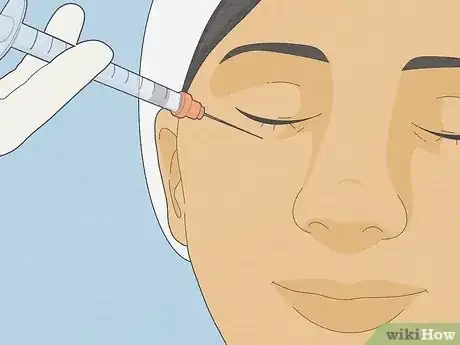
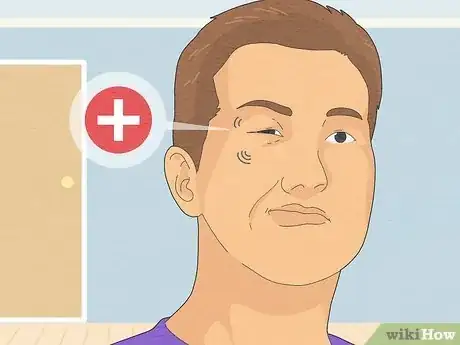
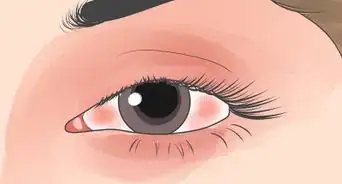

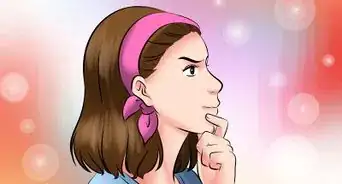
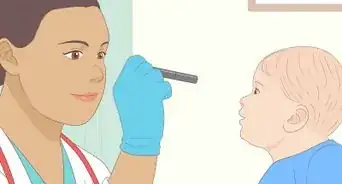
-Step-3-Version-2.webp)
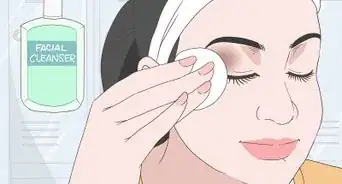
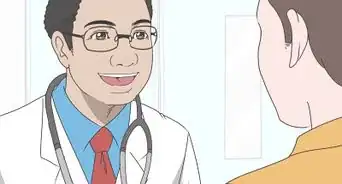

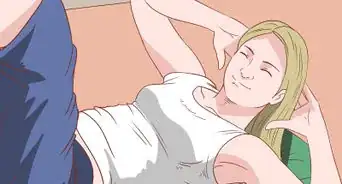
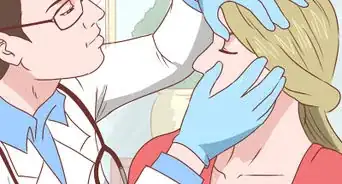
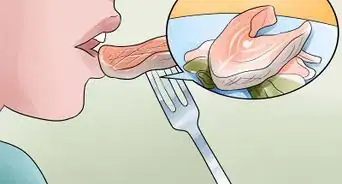










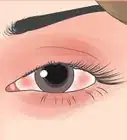






































Medical Disclaimer
The content of this article is not intended to be a substitute for professional medical advice, examination, diagnosis, or treatment. You should always contact your doctor or other qualified healthcare professional before starting, changing, or stopping any kind of health treatment.
Read More...